There are competing value systems on and around Marquette’s campus, and one of the most contentious issues those value systems grapple with is the acceptance, or not, of the LGBTQ community.
Marquette has a Gay-Straight Alliance and the LGBTQ+ Resource Center, an extension of the Office of Intercultural Engagement. The upcoming Pride Prom is an effort to give LGBTQ students space, and for the past two Ash Wednesdays, Lutheran Campus Ministry has used ashes mixed with glitter to support the LGBTQ community on campus.
But Marquette is a Catholic-Jesuit institution, and the consequences of both the university’s affiliation with, and individuals’ connection to, those values can, at times, manifest as intolerance. A petition circulating online calling for the cancellation of this month’s Pride Prom exemplifies this.
The petition began late last year and has now accumulated more than 18,000 signatures. Despite university leadership ensuring that the prom will continue as planned, the petition’s existence is a reminder that regardless of institutional support, tolerance and inclusion are different words with markedly different implications, and those implications have been felt throughout history.
An executive order issued by President Dwight D. Eisenhower in 1953 empowered government officials, in the interest of national security, to terminate the employment of gay men then working in the State Department.
The efforts to oust “sexual perversion” in government spanned from the 1940s through the ‘60s, far before and far after Eisenhower signed executive order 10450. Still, the signing of the document created an official record, an official order, to excise LGBTQ persons from prominent government positions. In effect, it was an official government designation of the LGBTQ, and not a tolerant one.
In 1948, several years prior to executive order 10450, four University of Wisconsin-Madison students either left or were removed from the university and were then sentenced to one year of probation for “participating in abnormal sexual activities,” according to a 2015 article in the History of Education Quarterly.
This was not the first or last time university students were criminally charged for being caught expressing their sexuality, and it was by no means the most violent purge of gay men from academia. But it did establish that LGBTQ people should feel shame, and if they do not, a judge should remind them to.
Now, LGBTQ people hold Senate seats, chair international organizations and even head universities. The most latter of these positions is as odd as the most former, given the institutions’ shared pasts.
Our histories are blighted with discrimination, and it does not only or always come from traditional Catholic values — faith-based organizations are often among the strongest community advocates — but the competing value systems on campus are apparent.
We can mandate tolerance in a way, and Marquette has an institutional role to play as well, but this is not a problem for university leaders alone.
It is a difficult task, to reconcile social norms with tradition, and as with any inclusion effort, creating a safe and accepting community requires support and understanding from everybody — faculty, staff and students alike.

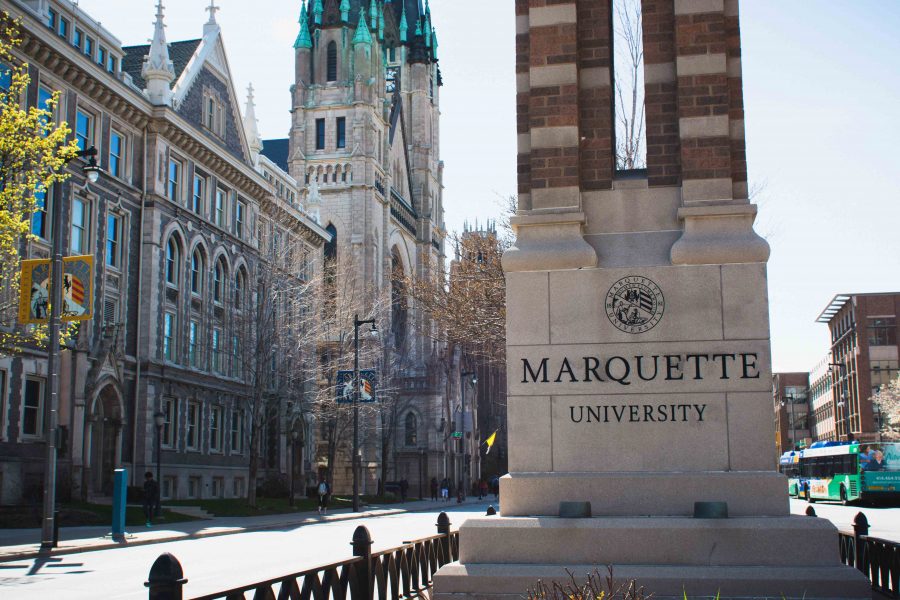

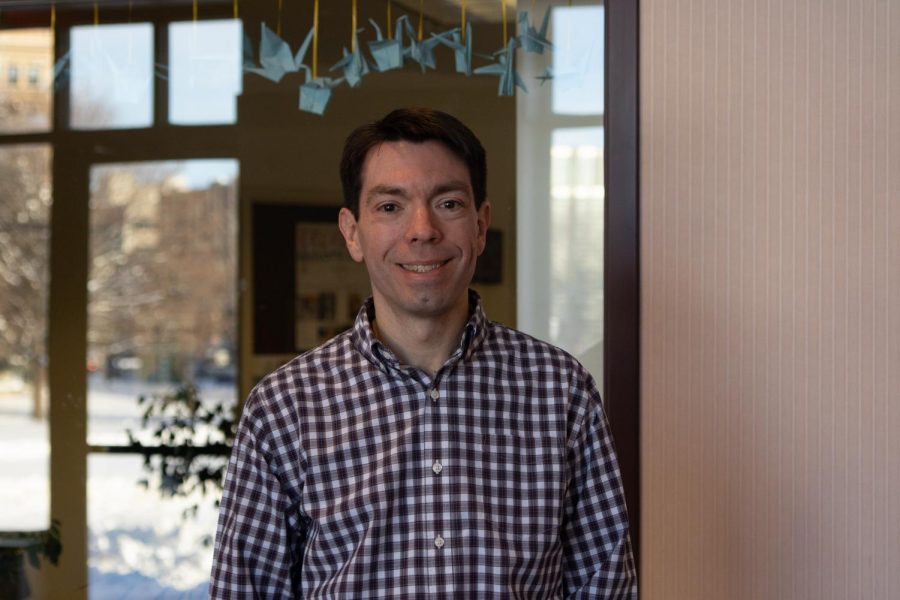

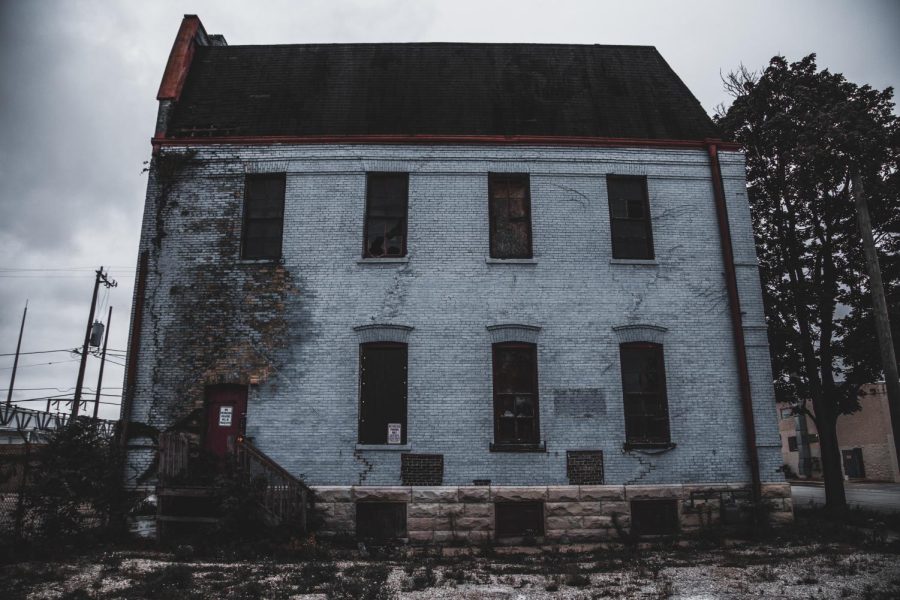



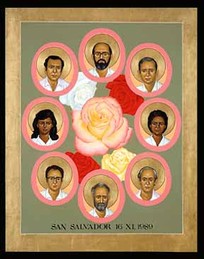
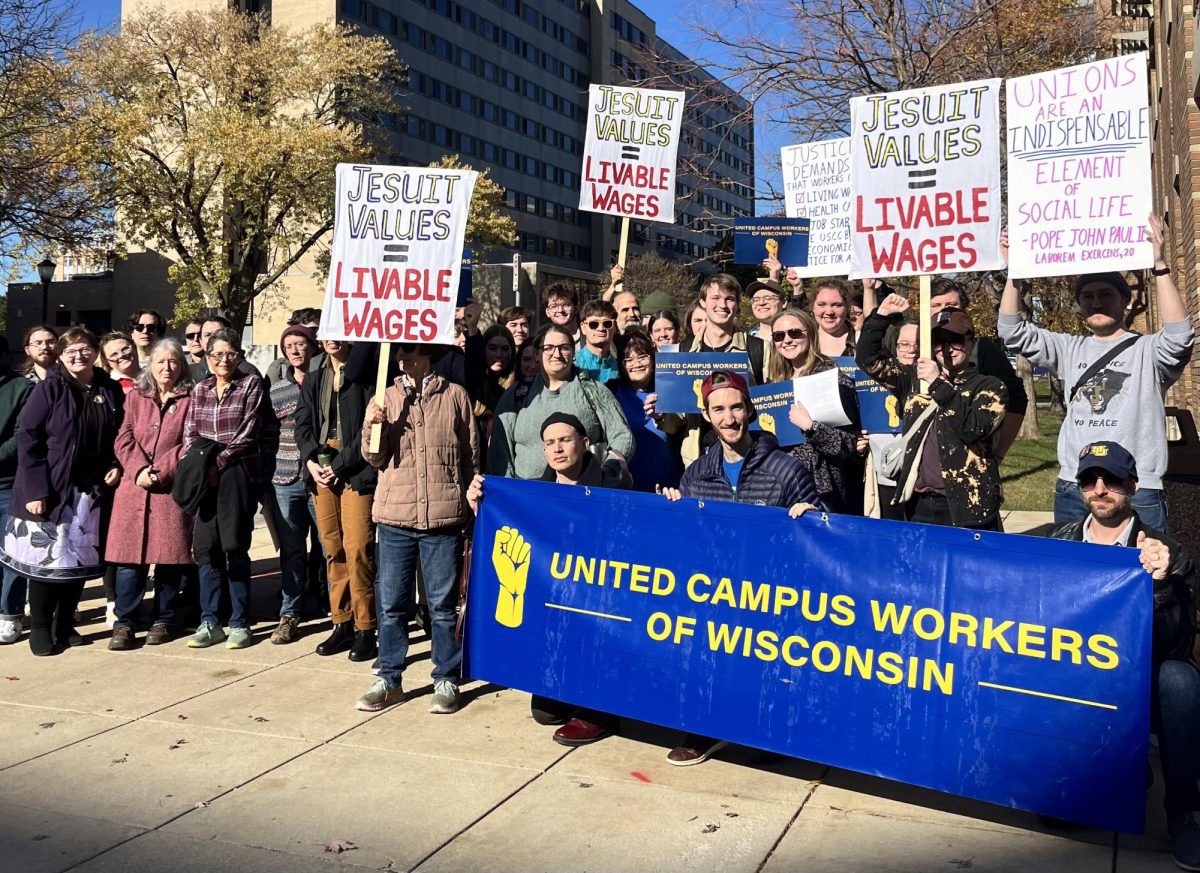

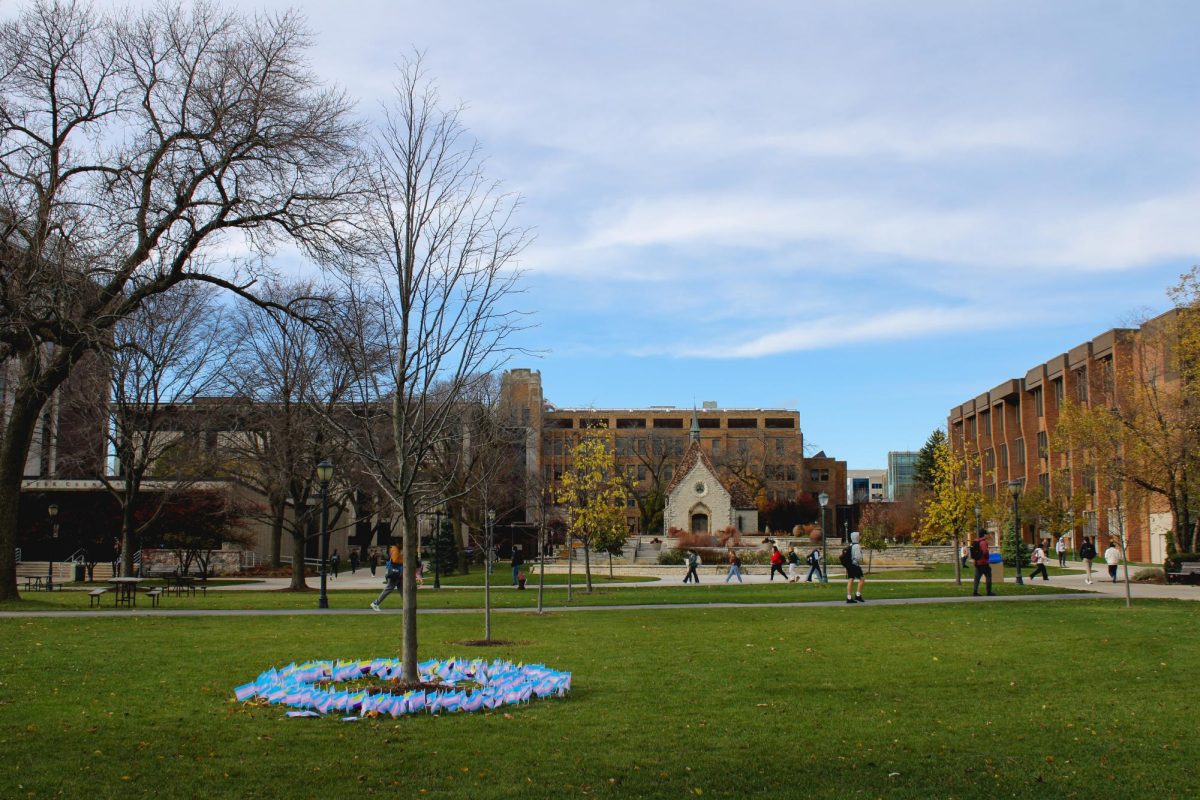

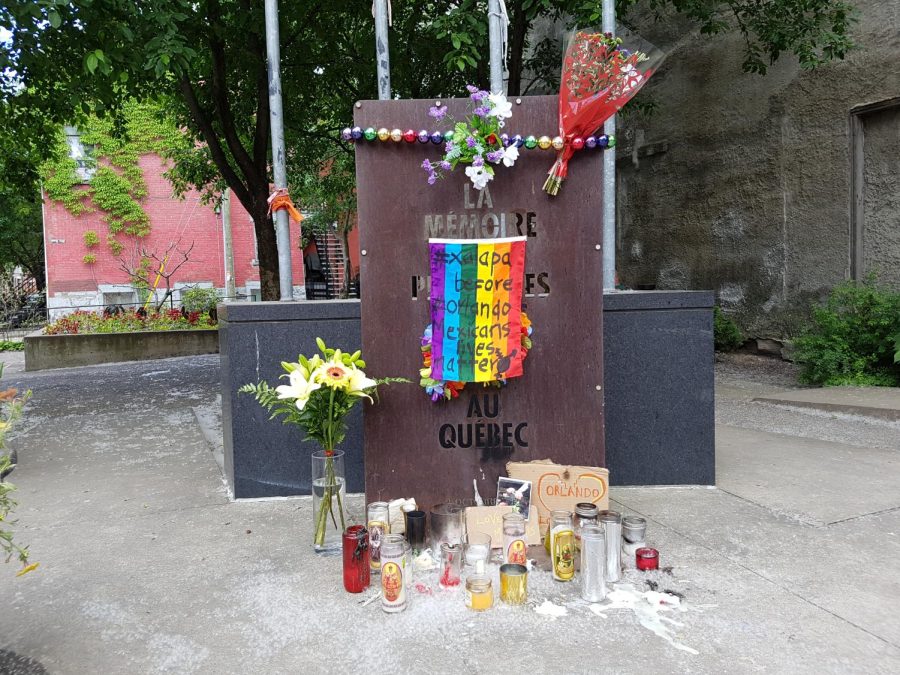
Jean • Apr 13, 2018 at 6:48 pm
This is the most disgusting thing I have ever heard of – – – – instead of repenting of this sin of sodomy, they are celebrating it. Jesus called us all to repent and amend our lives, not continue living in sin. This is a very sad day for this university and so many others like it. They are truly lost their way and the USCCB is only condoning it because they profit from the sin by supporting this garbage.